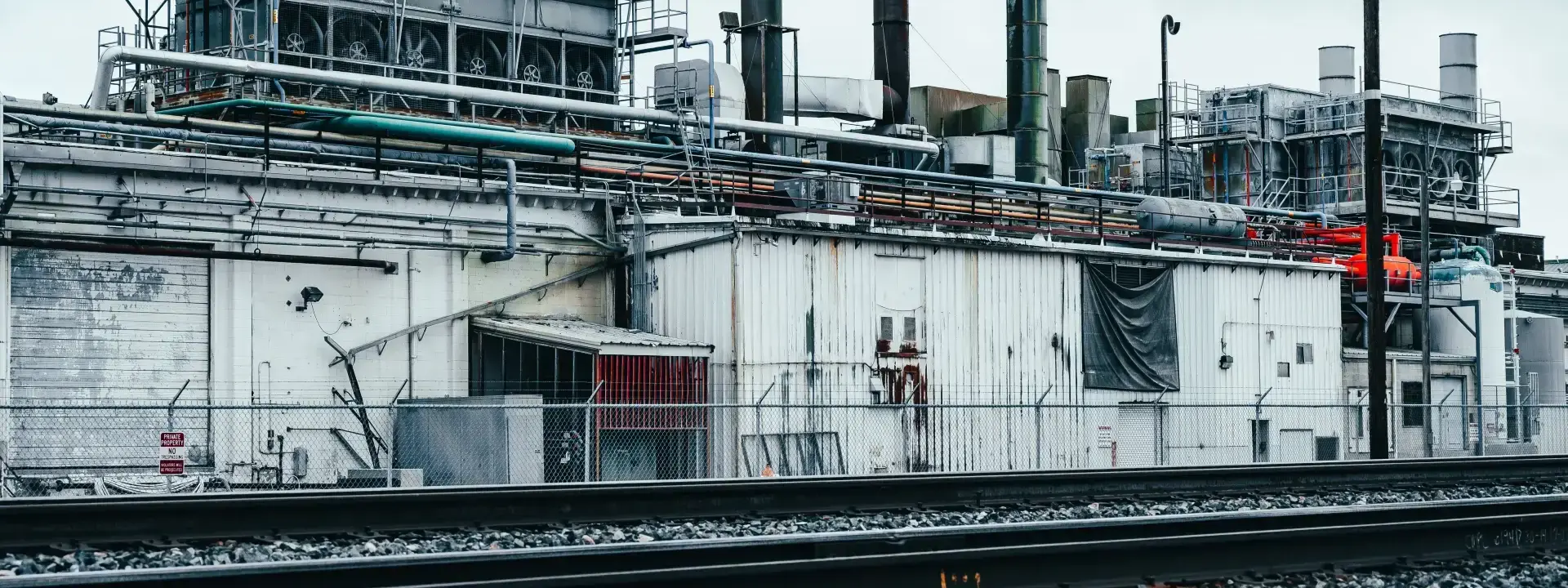
Pipeline Technician Job Description
What is a Pipeline Technician Professional?
A pipeline technician is a professional who works in the oil and gas industry maintaining pipelines. Pipeline technicians typically have a high school diploma or equivalent, although some jobs may require postsecondary education, and must complete on-the-job training. After completing their training, they are responsible for inspecting pipelines using hand tools and sophisticated computerized equipment to detect leaks, performing repairs as necessary.
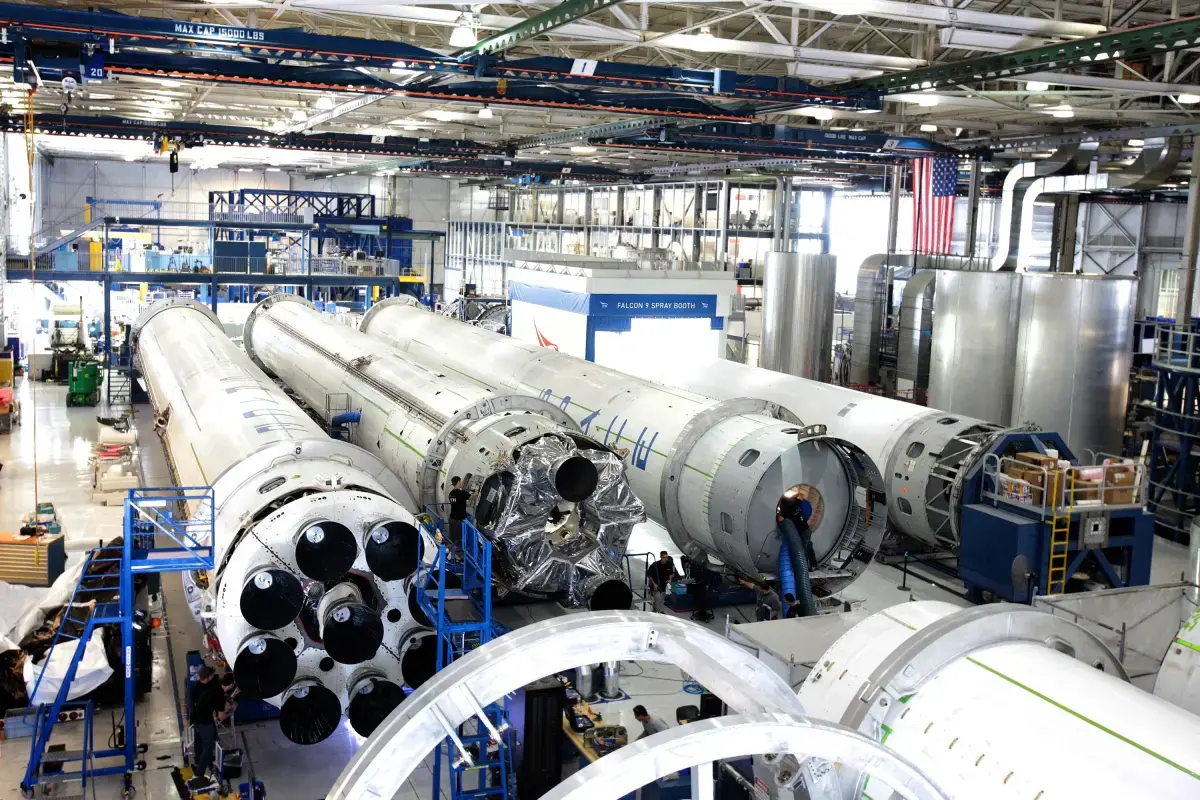
What does a Pipeline Technician Expert do?
In addition to working with traditional petroleum products pipeline technicians may also work with natural gas liquid (NGL), carbon dioxide (COand compressed natural gas(CNG). Most of the time spent by a pipeline technician is outdoors at job sites or en route between them so workers must be comfortable working in all kinds of weather conditions. They sometimes work irregular hours due to repair schedules dictated by the availability of parts or other resources
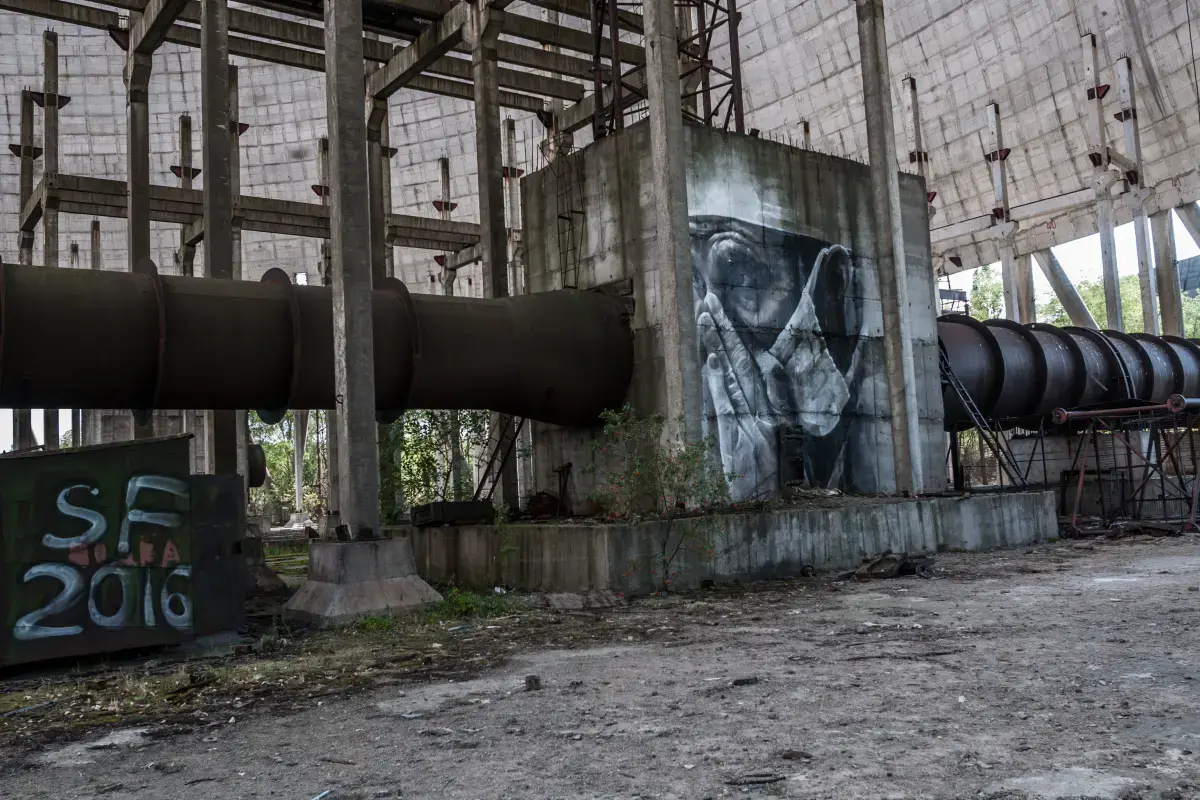
What are the Skills of a Pipeline Technician?
A pipeline technician is a specialist who installs, repairs and maintains pipelines. They must be able to work in cramped and confined spaces, as well as being able to safely use tools and equipment. There are no formal qualifications required to become a pipeline technician, but most employers will require some on-the-job experience or training. Many technicians enter the profession through an apprenticeship scheme. During their apprenticeship they will learn how to install, repair and maintain pipelines whilst also gaining valuable hands-on experience.
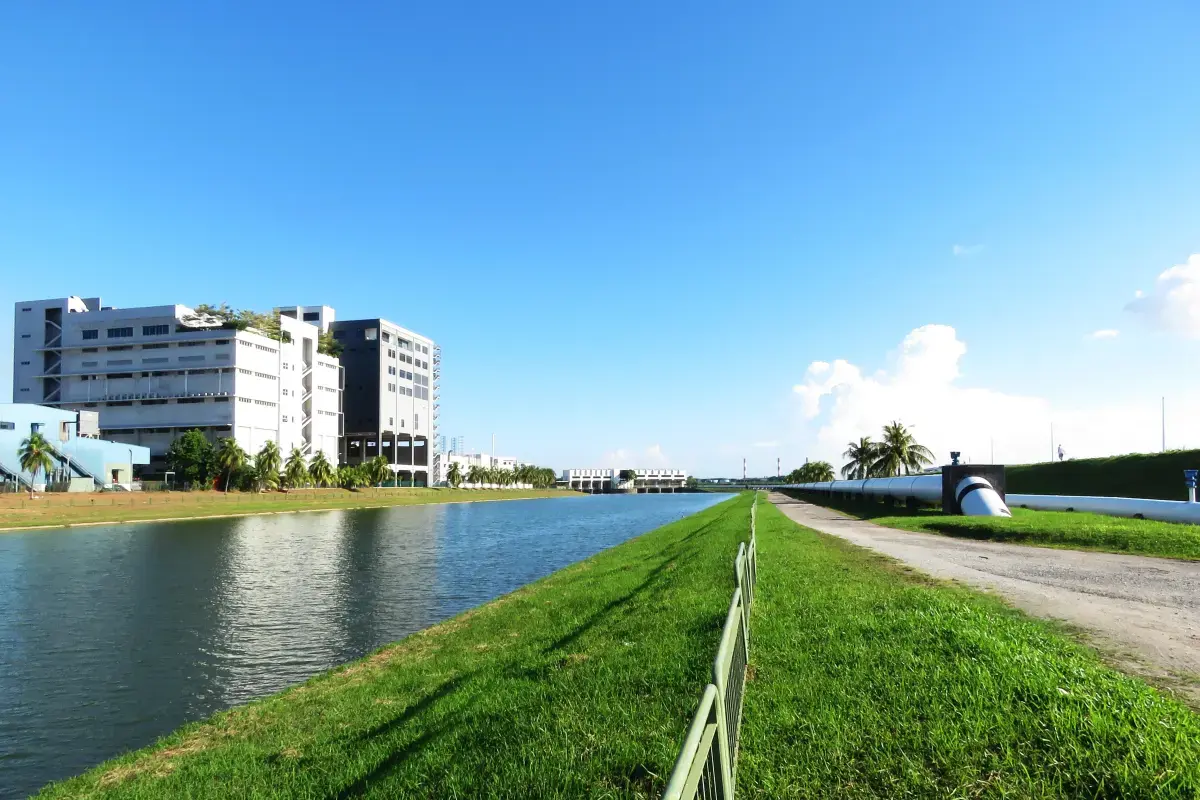
What makes an Expert Pipeline Technician?
As well as being physically fit and capable of working in difficult conditions, pipeline technicians need excellent problem solving skills. They often have to diagnose faults quickly and efficiently in order to carry out repairs promptly. Excellent customer service skills are also essential for this role since many of clients will be business customers with deadlines that need to be met

What level of Experience & Qualifications are required to be a Pipeline Technician?
Industry experience: Working knowledge of maintenance and operations practices in the area of pipeline systems, with a minimum of two to five years experience. • Training: Receipt of classroom training or field-based trade qualifications required for skilled trade disciplines, such as welding and fitting; dedicated equipment operation coursework related to pipeline technology; certificate in line wall inspection techniques; specialized courses in hazardous material shipping compliance. • Qualifications: Proficiency with complex measuring tools and instruments as well cathodic protection system inspections/maintenance standards applicable for all pipelines. Ability to troubleshoot any deviations identified during routine tests or inspections with minimum supervision from senior technicians or managers. Experience working on natural gas, water lines, fuel pipelines etc., Familiarity with safety protocols employed at different locations mapped out by sector engineers is preferred designation must be verified by respective state governments before undertaking work assignments at those sites. Certification from recognised institutions such as COfM (Certificate Of Mining & Drilling) is essential before undertaking off shore projects related to securing woksite permission & other legal compliances mandated by lawof there offices country which falls within scope of duties expected fprm a Pipeline Technician/Technologist • Education: Bachelors degree in a relevant engineering field like petroleum engineering and drilling engineering are preferred while HND may also considered depending on relevancy_Relevant computer skills including database management software applications knowledge
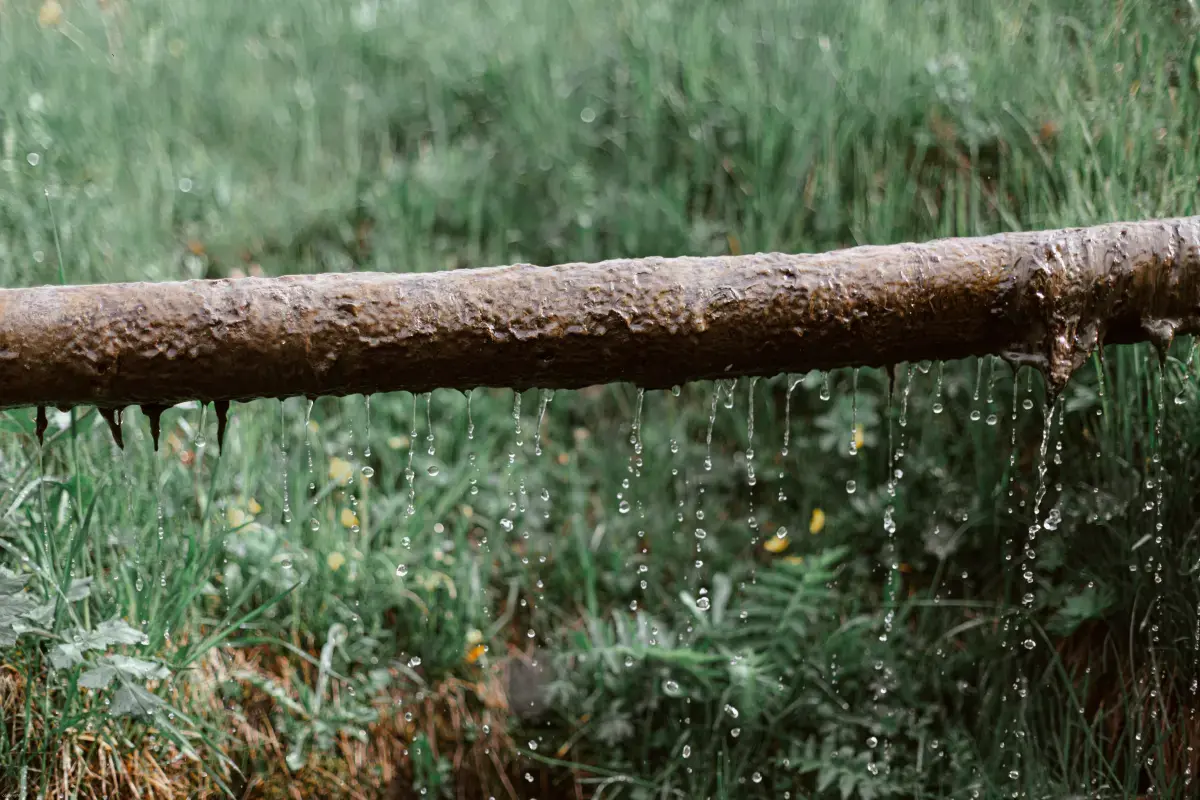
What is the Salary of a Pipeline Technician?
Junior Level: A junior pipeline technician typically has less than 5 years of experience and may earn an average salary of between $56,000 and $66,000 per year. This range can vary depending on the geographical location or company in which they are employed. Intermediate Level: An intermediate pipeline technician will generally have between 5-10 years’ experience in their field and should expect to earn an annual salary of around $65,000 -$83,500. Similarly to those at the junior level the geographical area and industry will dictate the final salary figure for this position. Senior Level: A senior level pipeline technician is someone who has achieved a high degree of expertise within their role with 10+ years working in this sector. Typically this would result in an annual income that ranges from approximately $85,800–$106,500 depending on factors such as qualifications held, any additional certifications or advancements made within their chosen career path as well as other various local factors.
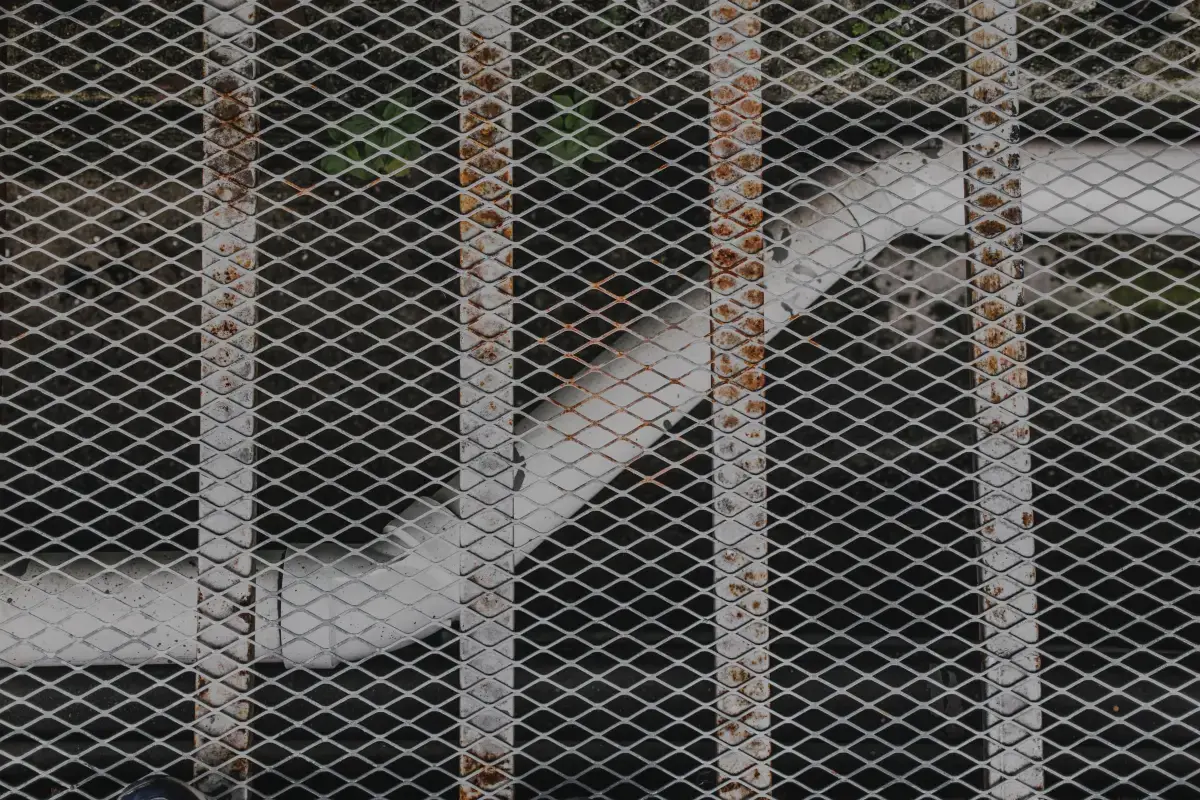
What are the Working Conditions for a Pipeline Technician?
Pipeline technicians typically work sets shifts that can range from 8-12 hours in length. Working conditions vary depending on the terrain and climate, but generally involve frequent outdoor activity, as well as working long hours in potentially dangerous environments. Pipeline technicians must be aware of safety regulations and hazardous materials, such as natural gas and oil, which are often routinely transported through pipelines. Pipeline technicians may have to inspect or operate valves on the pipeline system for maintenance purposes or for emergency response missions. They also perform tests to check pressure levels in the pipes at various points along their route using specialized instruments designed specifically for that purpose. These activities will normally require problem-solving skills and decision making abilities while they make sure repairs are made effectively according to operational specifications. Other duties a pipeline technician may encounter include conducting regular safety checks of both old and new pipelines; responding to customer service concerns; detecting potential problems with system automation devices; troubleshooting malfunctions related to control systems; repairing power generators used along the route of a pipeline or equipment malfunctioning due extreme temperatures or environmental factors like wind or earthquakes ; completing reports related to operations performance; keeping records associated with all activities performed on every given project using appropriate software systems like SCADA systems (OPC/ DCS) ; installing/ replacing pumps in order maintain normal pressure levels throughout delivery networks plus other technical support duties concerned with efficient operation of pipelines whilst adhering all health & safety standards set by appropriate companies/ organizations involved in respective activities mentioned above .
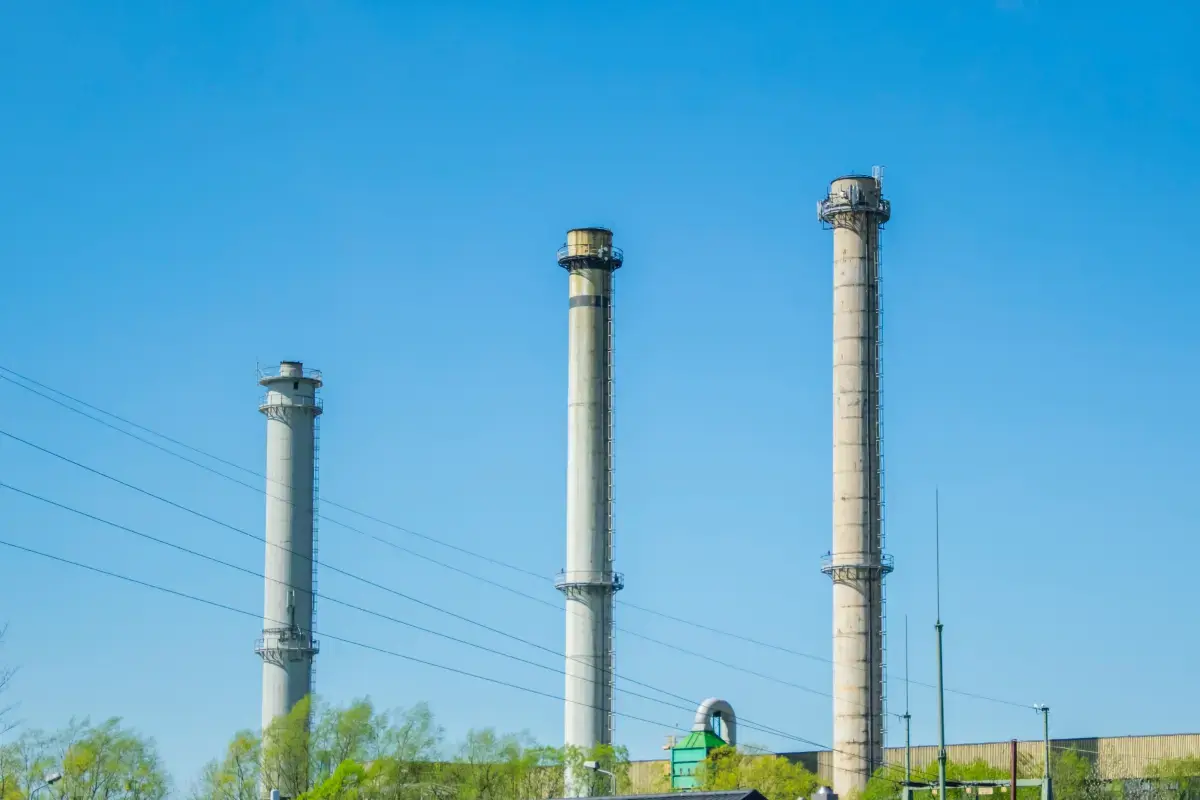
What are the roles and responsibilities of a Pipeline Technician?
Read and interpret blueprints, drawings, and specifications to determine the layout of pipe systems, support systems, and other structural features.
Select the type and size of pipes required.
Inspect structure to be piped to determine the best way to lay out the system and proceed with installation.
Assemble pipes by welding or bolting flanges at joints using hand tools, power tools, or machines prescribed by blueprint specifications
Install valves , fittings ,and couplings
Hang supports from beams using clamps
Anchor pipe columns
Cut openings in walls and floors
Tap into existing lines
Pressure-test assembled piping system
Lay concrete around newly laid pipeline
Backfill trench
Clean up job site
Perform maintenance on installed pipelines
Monitor operation of pump stations
Investigate reports of problems
Respond quickly to leaks
Keep records of work performed
Adhere to safety guidelines
Work long hours if necessary
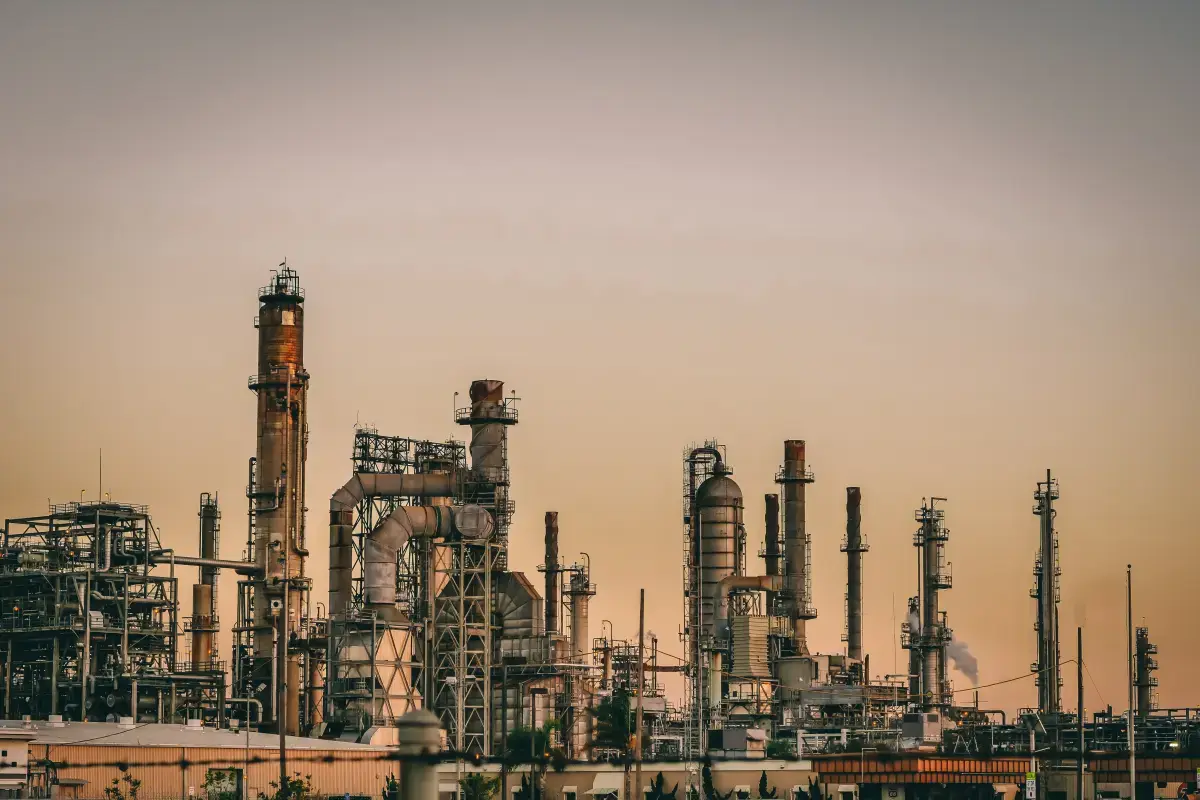
Where can I find Pipeline Technician jobs?
- Create a profile on gigexchange and promote your Pipeline Technician skills to advertise you are Open to New Work Opportunities
- Ensure your Resume (or CV), or online work profile is up to date and represents your skills and experience. Ensure your reputation reflects your ability & attitude.
- Apply for Pipeline Technician Jobs advertised on gigexchange.
- Practise Pipeline Technician interview techniques to ensure you represent your personality and ability succinctly and confidently.
- Accept the job offer if the salary meets your expectations and the employer mission and purpose reflects your core values.
Jobs
What are the best job boards for Piping Engineer jobs?

How can I hire Pipeline Technician staff online for my business?
The best job board for recruiting Pipeline Technician experts is gigexchange.com. Advertise full-time, part-time or contract jobs to find, hire & recruit trusted, experienced and talented Pipeline Technician candidates near you.
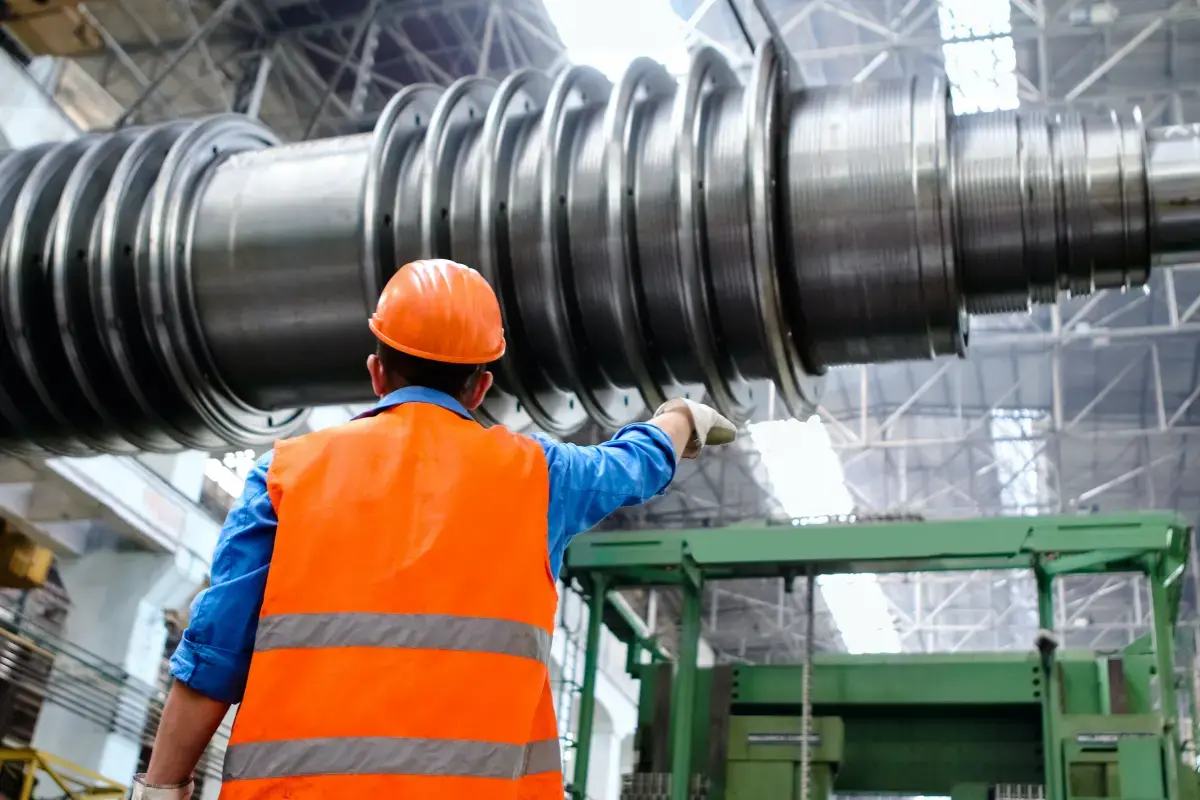
Are Pipeline Technician roles in demand in 2026?
Pipeline Technician experts are still in high demand in 2026. If you are an experienced Pipeline Technician or looking to train and become one. The job market is looking strong for Pipeline Technician jobs near me.